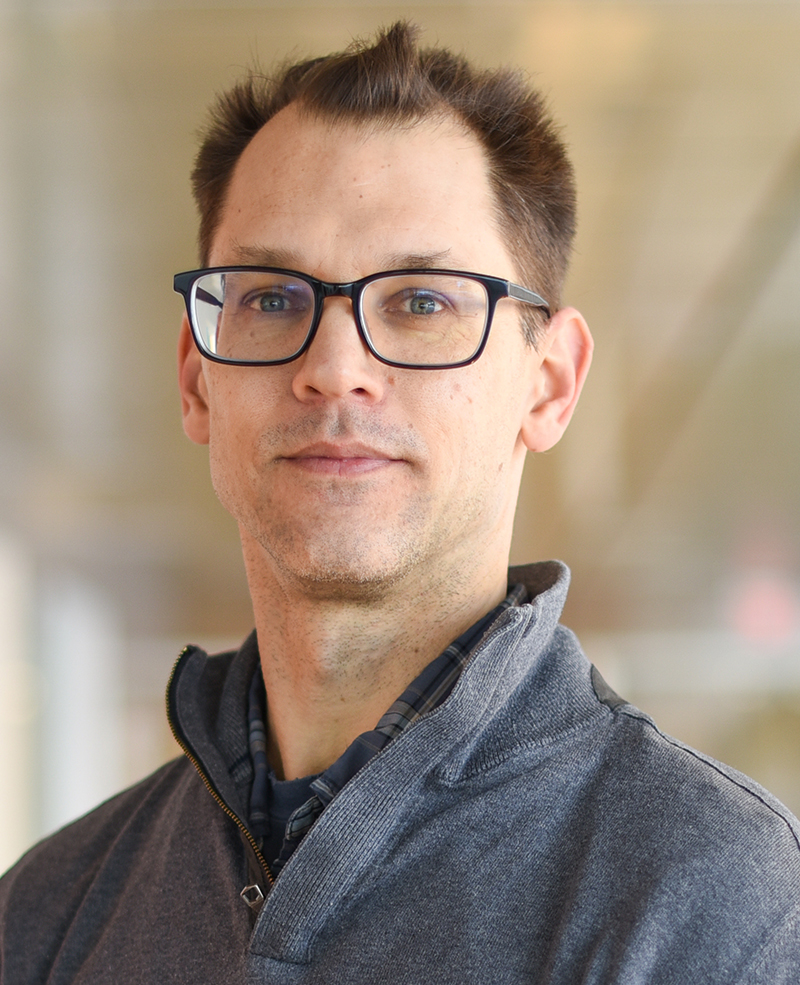Research on modeling time-variant systems earns Brockett-Willems Outstanding Paper Award

A paper co-authored by Prof. Peter Seiler, which presents new methods to model uncertain and nonlinear systems that vary in time, has received the 2021 Brockett-Willems Outstanding Paper Award. This award recognizes the best paper published in Systems & Control Letters between January 2019 and December 2020 and will be presented at MTNS, Bayereuth, Germany, in September 2022.
The paper, “Reachability analysis using dissipation inequalities for uncertain nonlinear systems,” was co-authored with He Yin, Prof. Andrew Packard, and Prof. Murat Arcak of the University of California, Berkeley. It focuses on “reachability problems,” which are particularly important in systems of transportation, like aircraft and autonomous cars. In these systems, the object is travelling at a certain position and speed, and this determines which set of positions and velocities are attainable over a specific period of time.
“Suppose a self-driving car sees an object stopped in front of it,” Seiler said. “Reachability analysis can be used to determine how and where the car can move to avoid the object.”
Traditionally, reachability models are based on time-invariant systems, meaning the conditions remain constant over time. However, Yin developed the initial idea to account for varying dynamics as part of a class project while working under Prof. Andrew Packard at the University of California, Berkeley. For example, during an aircraft landing, the location and speed of the aircraft is constantly changing and, as a result, the models of the aircraft change with time.
“What is unique in this research is that we were able to model systems that depend on time while also accounting for uncertainty in the model,” Seiler said. “This supports a more rigorous conclusion, because the approach accounts for the errors in the model.”
What is unique in this research is that we were able to model systems that depend on time while also accounting for uncertainty in the model.
Prof. Peter Seiler, University of Michigan
Packard passed away in 2018, but Yin continued to develop the method with Seiler and Arcak. In the paper, the researchers propose a method that uses models that change with time rather than a single, constant model.
“This paper is interesting because it contains both the theoretical results but also a large number of practical examples to demonstrate the approach,” Seiler said.
The tools account for time variations in a more rigorous fashion and can be used to design safe, autonomous systems.
“This paper is an outgrowth from one of the last big projects Andy started before passing away,” Seiler said. “He had a big impact on me, and the field, so this award is really a testament to his career.”

 MENU
MENU 
